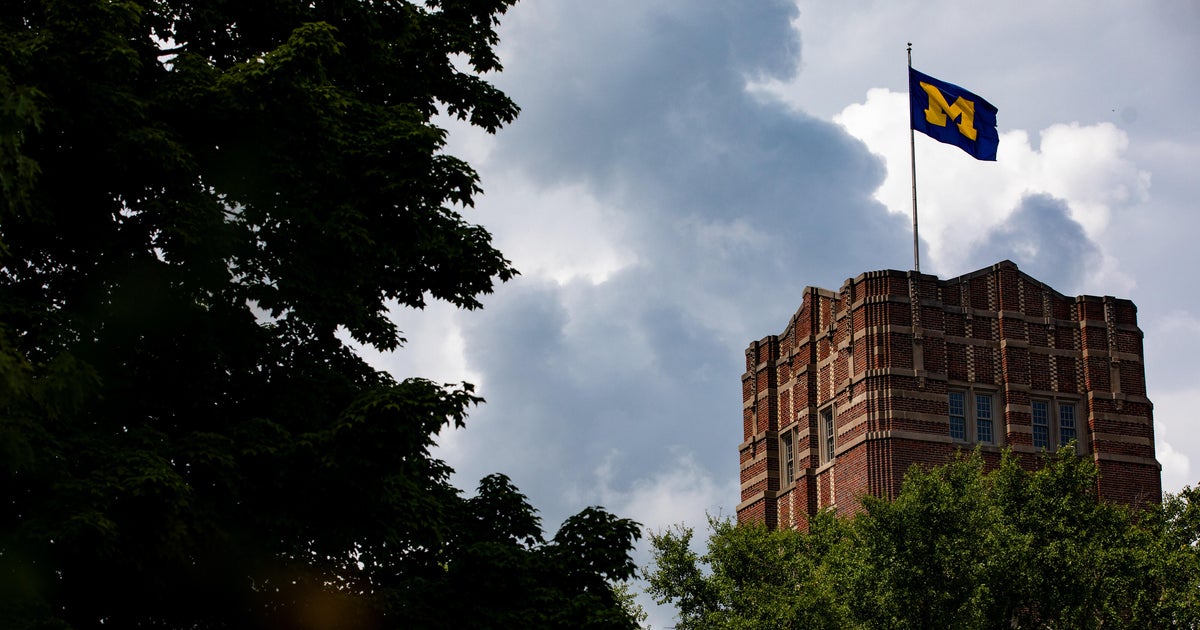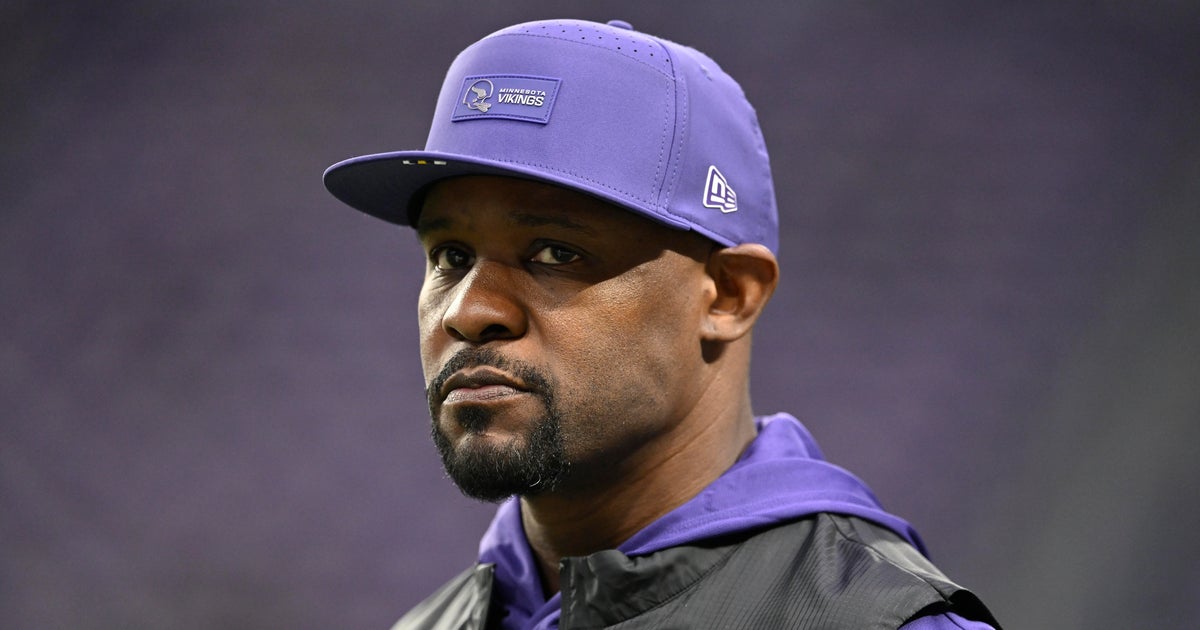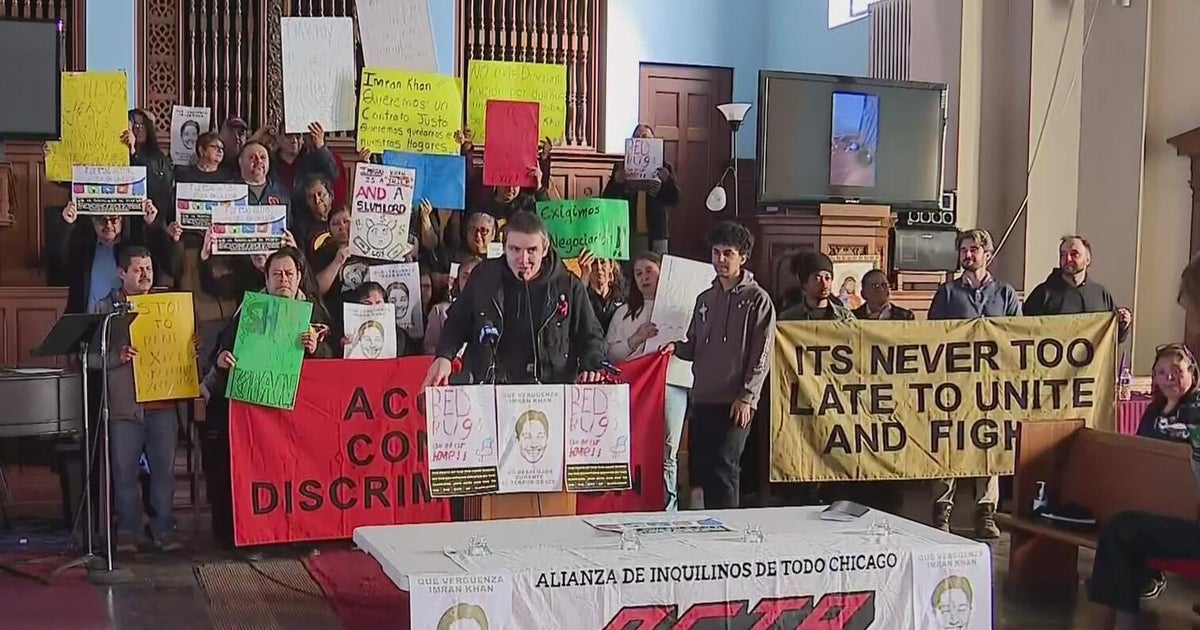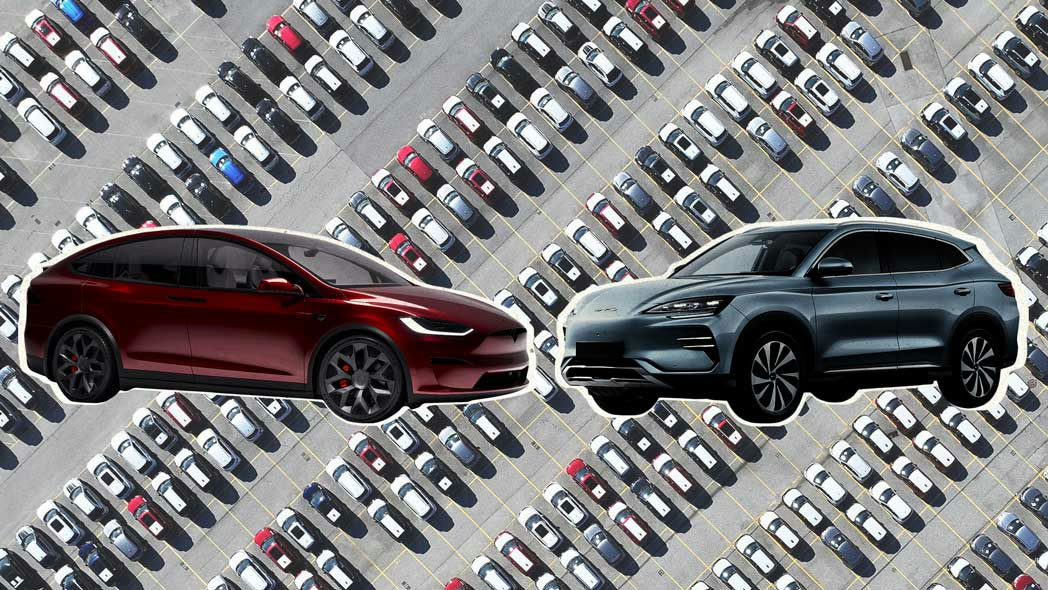Tesla driver sues company for allegedly accessing customer videos
Tesla is facing a lawsuit alleging its employees violated car owners' privacy by distributing private photos and images captured by the vehicles' cameras.
The lawsuit, filed by a Tesla car owner in federal court in the Northern District of California on Friday, alleges Tesla employees shared "highly invasive videos and images" from users' cars for their own "tasteless and tortious entertainment" and "the humiliation of those surreptitiously recorded." The suit is seeking class-action status.
According to the complaint, the shared recordings included a naked man approaching a Tesla vehicle, car crashes and road-rage incidents, among other "embarrassing" and "private" images. Employees also shared more mundane content like images of family pets captured by Tesla car cameras, which they sometimes converted into memes and posted in group chats that were possibly viewed by "scores" of employees, the lawsuit says.
The suit also alleges the cars' cameras captured "sensitive" scenes in private spaces where the cars were sometimes parked, including users' garages and homes. Some recordings even appear to have been made after Tesla vehicles were parked and turned off, according to an anonymous employee the suit references.
"That such videos and images were made available to Tesla employees to view and share, at will, and for improper purposes, affects each and every person with a Tesla vehicle, their families, passengers, and even guests in their homes," the lawsuit says.
The lawsuit follows a Reuters report last week that said Tesla workers shared "sensitive" customer images among themselves.
Tesla representatives did not immediately respond to a request for comment from CSB MoneyWatch.
Accessing car owners' cameras
Tesla employees had access to the cars' recordings to improve Tesla's AI-guided self-driving capabilities, Reuters reported last week.
The company's privacy policy states that information collected from cars is not linked to specific accounts, and that "In order for camera recordings for fleet learning to be shared with Tesla, [the customer's] consent for Data Sharing is require."
The company's "Autopilot" technology — a much-hyped feature of Tesla cars that is still in development — is powered by a system of cameras and sensitive radars that collect visual data on a car's surroundings to help it navigate different spaces. One of the cameras, pointed in the direction of the vehicle's interior cabin, senses when a driver is inattentive, the company said.
But in order to further refine that technology, workers must train the AI that guides the cars. It's a process that requires those employees to review thousands of videos and images recorded by car cameras and identify the objects within those recordings.
- Engineer says company faked "full autopilot" video: Report
- Tesla recalls 363,000 vehicles equipped with "Full Self-Driving" tech
According to the lawsuit, employees who accessed the images shared them with their Tesla colleagues, and likely with individuals beyond the company, "for their own personal reasons, and not for any legitimate business reason."
Past scrutiny of Tesla over privacy concerns
Tesla's car cameras have drawn scrutiny from politicians, users and advocacy groups concerned about the privacy risks they pose.
Last summer, German consumer association VZBV filed a lawsuit against the company, alleging that use of the cars' surveillance cameras clashed with European privacy laws, according to Reuters. Tesla will begin cautioning its European clients that the use of its Sentry Mode, a camera-powered security system for parked cars, could violate local data-privacy laws, the consumer group said this month.
In China, officials banned Teslas from some military complexes two years ago for fear the vehicles could collect sensitive intelligence data, Bloomberg reported.
The company faces legal trouble at home as well. Last year, an Illinois man sued Tesla for allegedly collecting, storing and analyzing his facial features with its biometric camera while he was driving a Model 3 — without his consent. The car's biometric-enabled camera tracks users' facial features and eyes to make sure drivers are monitoring the road while using the car's self-driving technology, according to the suit. Illinois law requires companies to get explicit consent before collecting biometric information on people.



